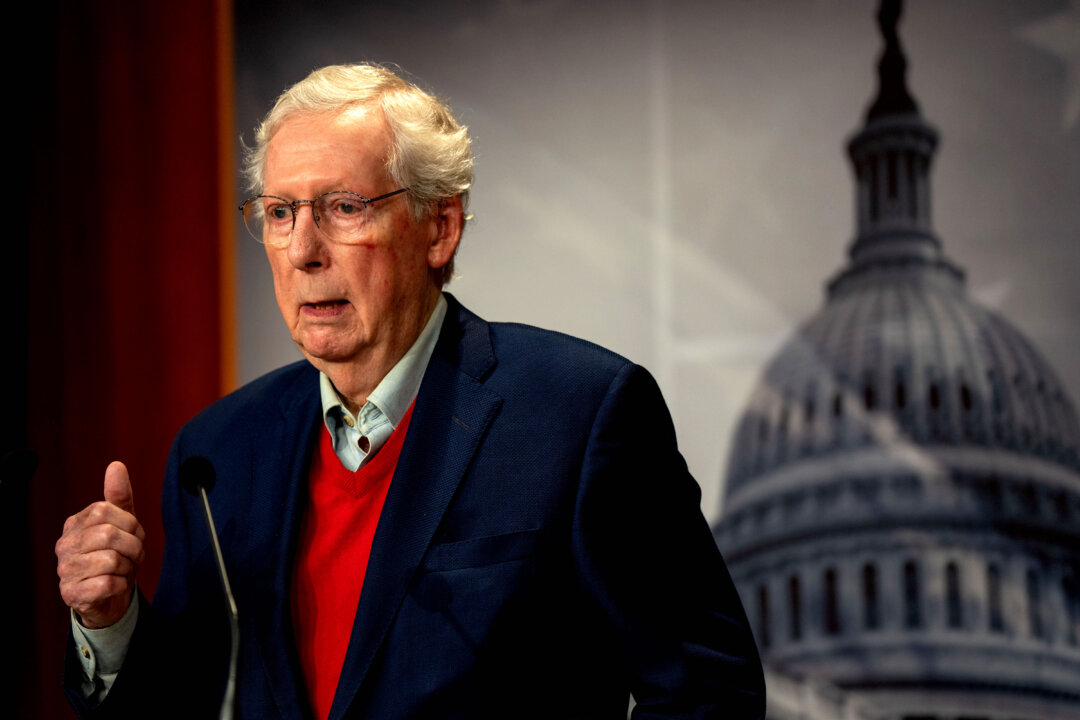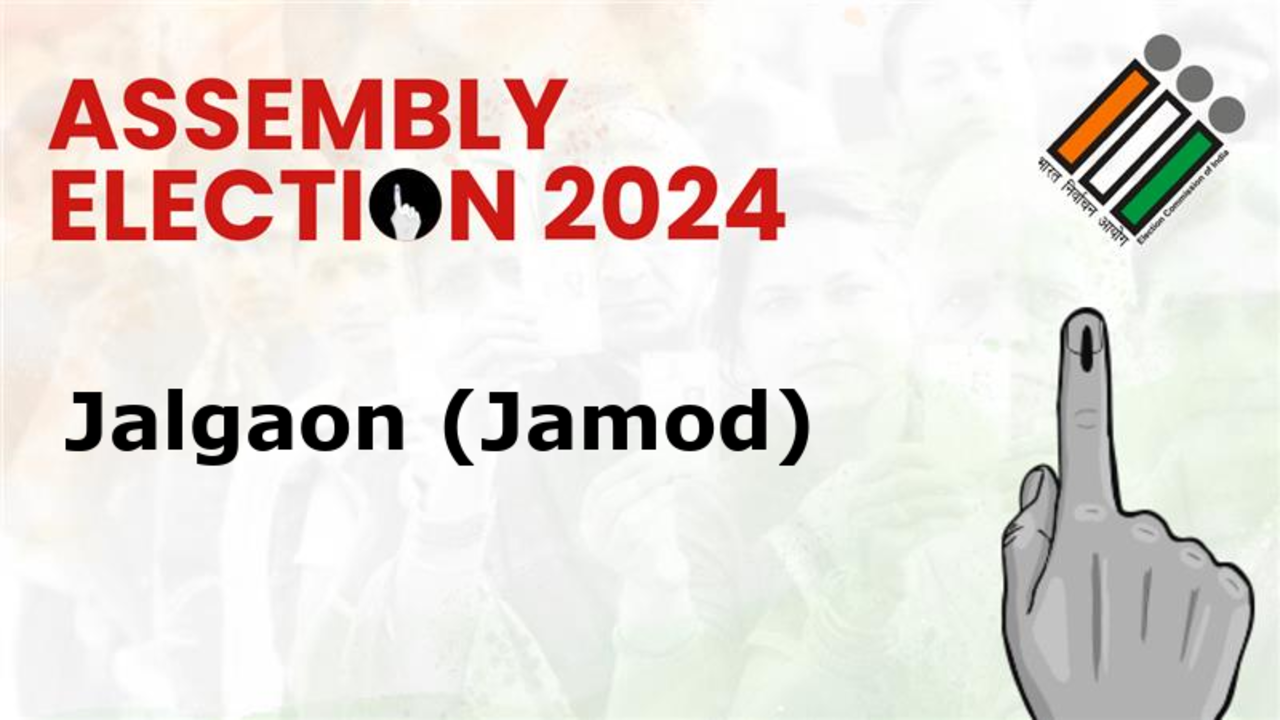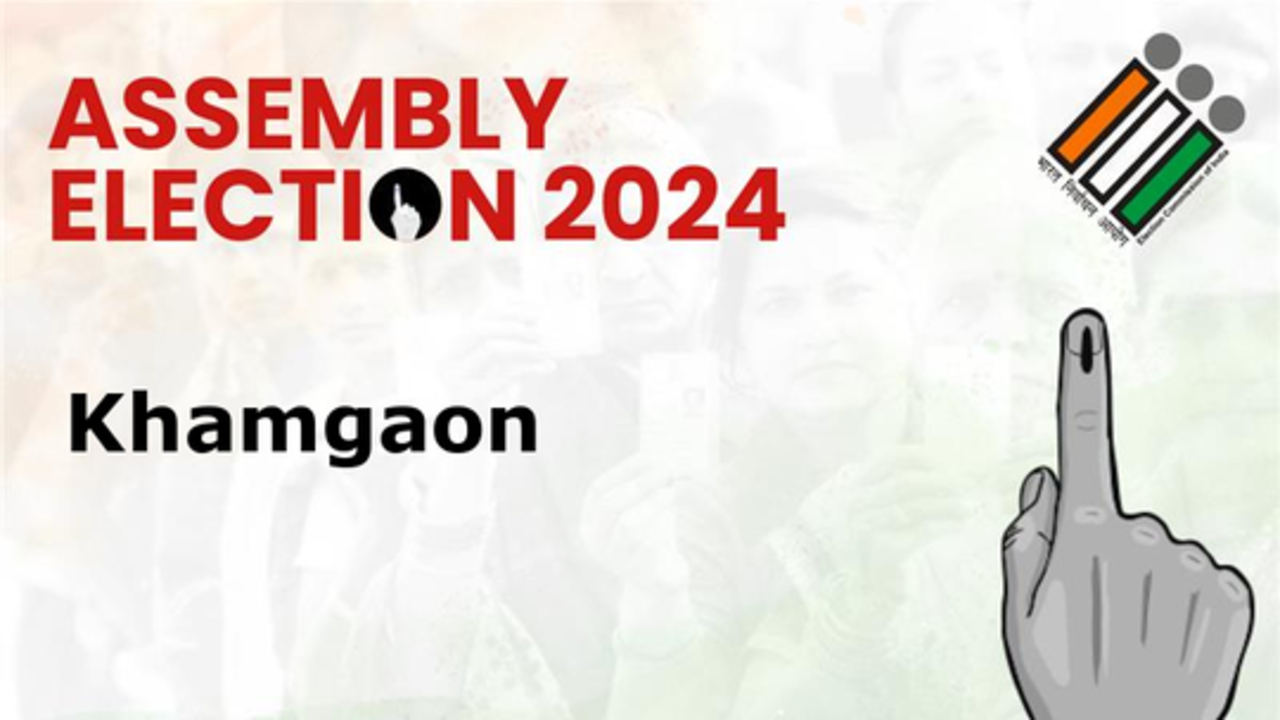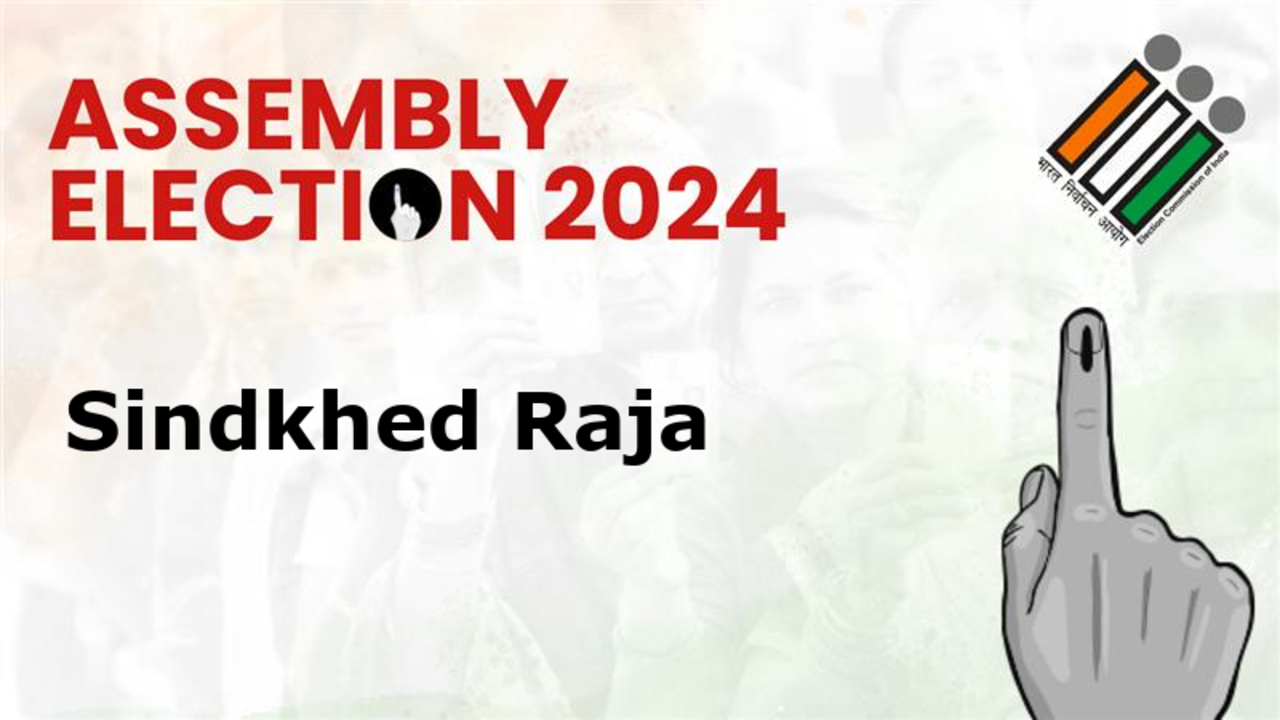
Ahead of the Saudi Arabian conference on Gaza and Lebanon, the visit of Iranian Foreign Minister Abbas Araghchi to Pakistan held extraordinary significance. During his visit, I had the opportunity to meet with him personally. Given the shared border and converging interests between Pakistan and Iran, it is crucial to assess the intentions and implications of any high-level Iranian visit to Pakistan.
This time, however, with Israeli aggression at its peak in Gaza and Lebanon and direct tensions involving Iran, understanding Iran’s stance on these critical issues was more pressing than ever. At the time of our meeting, the results of the U.S.
presidential election were still pending, leaving questions about which administration would take office and what strategy it would adopt on key global issues. Nonetheless, the Iranian foreign minister made it clear that U.S.
political shifts are of little concern to Iran. He conveyed a firm position that regardless of who comes to power in the U.S.
, both parties have maintained a stance of hostility towards Iran. He emphasized that Iran is prepared for any escalation with Israel, underscoring that the country’s defenses are fully equipped to respond decisively if provoked. He further noted that Iran draws its strength from those who have sacrificed their lives for the country.
He dismissed the notion that Iran stands isolated on the world stage, pointing to a forthcoming visit from the Iranian president to Moscow, where Iran and Russia are expected to finalize a 25-year defense cooperation agreement. This arrangement, he said, would mirror a similar accord established with China several years prior. The foreign minister also expressed appreciation for Pakistan’s stance on Gaza, Lebanon, and Iran, noting that Pakistan’s position had exceeded Iranian expectations.
Efforts to improve relations between Iran and Saudi Arabia are also underway. With Trump’s recent nomination in the U.S.
election, Arab countries grew increasingly apprehensive that a Trump victory might signal an unpredictable policy shift. About a month ago, I asked an Arab friend why the foreign ministers of Gulf countries had recently met with Iran’s foreign minister in Doha. My friend revealed that Trump’s potential success had raised concerns, as his previous remarks to the Saudi king had left a lasting impact.
His public statement that Saudi Arabia would be vulnerable without U.S. protection presented a shock to the Arab world and spurred China’s involvement in restoring diplomatic relations between Iran and Saudi Arabia.
Saudi Foreign Minister Prince Faisal bin Farhan recently confirmed that “very clear and honest conversations” with Iran are taking place, and there are signs that these talks are bearing fruit. The recent presence of Saudi Arabia’s military chief in Tehran, the meeting with Iran’s army chief, and an invitation for Saudi Arabia to join Iran in naval exercises all hint at improving ties. In his opening remarks at the Riyadh Conference, Saudi Crown Prince Mohammed bin Salman made a notable appeal, calling on the international community to ensure that Israel respects Iran’s sovereignty.
This unprecedented statement from Saudi Arabia signals that tensions between Iran and Saudi Arabia may be easing—a development that holds implications not only for Israel but for the broader region. If these two nations can address their differences constructively amidst the severe crisis in Gaza and Lebanon, they might shift from regional rivalry to shared interests. Together, they could adopt a firm stance against Israeli aggression, neutralizing escalating threats to both Iran and Saudi Arabia.
Only time will reveal how prudently the two countries can manage these delicate matters. Muhammad Mehdi The writer is the Chairman of Institute of International Relations and Media Research (IIRMR). lhrpakistan@yahoo.
co.uk.














